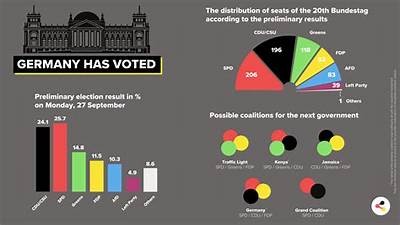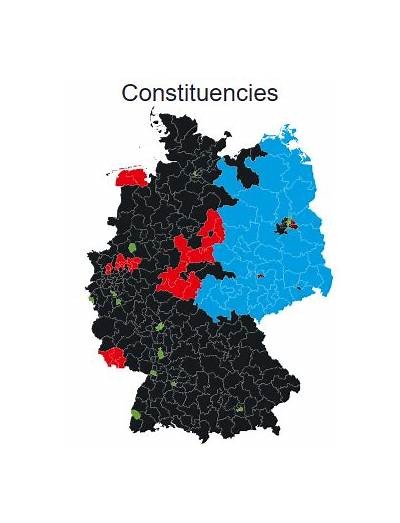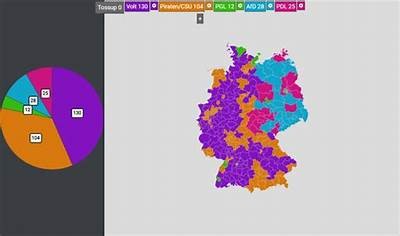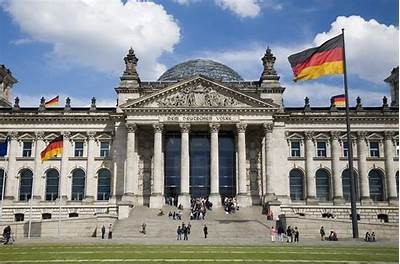The German Bundestag election is a significant event in the political landscape of Germany, often influencing not just regional, but also global political trends. The role of gambling platforms, particularly betting companies like Interwetten, has increasingly garnered attention in the political arena. This analysis aims to delve into how Interwetten, as a betting platform, has shaped political dialogues and influenced voter perception during the German Bundestag election.

The Bundestag elections take place approximately every four years, providing a platform for various political parties to campaign for seats in the parliament. The elections are pivotal in determining the government's structure and direction. With parties ranging from the conservative CDU to the progressive Greens, the elections reflect a diversity of political ideologies.

Betting on political events has become an intriguing phenomenon over the years. Companies like Interwetten allow users to place bets on various political outcomes, including election results, party performances, and even government coalitions. This has led to a growing intersection of politics and gambling, which has consequentially impacted both public perception and political strategy.

Interwetten has harnessed innovative marketing strategies to influence the narrative around the Bundestag election. By sponsoring political programming and engaging in advertising campaigns that address current political topics, Interwetten has positioned itself as a key player in political discourse. This section will explore how these strategies have shaped voter opinions and mobilized different demographic groups.

The engagement of potential voters is crucial during elections. Interwetten's betting platform has sparked discussions among users regarding party policies and candidates, creating a unique environment where political knowledge is intertwined with entertainment. This dual approach has the potential to elevate civic engagement among demographics that might traditionally show less interest in politics.

By analyzing betting patterns on Interwetten, it becomes possible to derive insights into public sentiment and predictions regarding the election's outcome. This section will look at the significant correlations between betting trends and actual electoral performance, shedding light on how betting data can serve as an alternative polling mechanism. Case Studies
Case studies from previous elections, wherein betting odds significantly shifted in response to events like debates, scandals, or political advertisements, will be examined. This will provide a clearer picture of how the betting landscape can sway public opinions or expectations about election results. The Ethical Dimension of Betting in Politics Psychological Impact on Voters
One cannot ignore the psychological effects that betting on political events might have on voters. This section will discuss the implications of a betting culture intertwined with political processes, including potential biases reinforced by betting narratives. Furthermore, discussions regarding accountability and the ethical considerations of political betting will be explored. Regulation and Legislation
Given the increasing role of betting companies in shaping political conversations, there are pertinent regulatory questions. How do various jurisdictions plan to manage the influence of betting on elections? This section will analyze existing legislation regarding political betting and propose measures that could ensure fair play in the political arena. Comparative Analysis: Interwetten vs. Other Betting Platforms
To better understand Interwetten's influence on the Bundestag election, a comparative analysis with other betting platforms will be undertaken. This encompasses how different companies approach political betting and the varying degrees of impact they exert on voter behavior and electoral outcomes. Conclusion
The intersection of gambling and political discourse is a complex and evolving landscape. Interwetten’s role in the German Bundestag election highlights the potential for betting platforms to influence voting patterns and political engagement. As this sphere continues to grow, it will be crucial for stakeholders to consider the implications—both positive and negative—of such an influence on democracy. Implications for Future Elections
Looking ahead, it becomes imperative for regulators, political parties, and civil society to address the influence of betting companies on political processes. Developing frameworks that balance engagement with ethical accountability may foster healthier electoral environments in the future. Tags